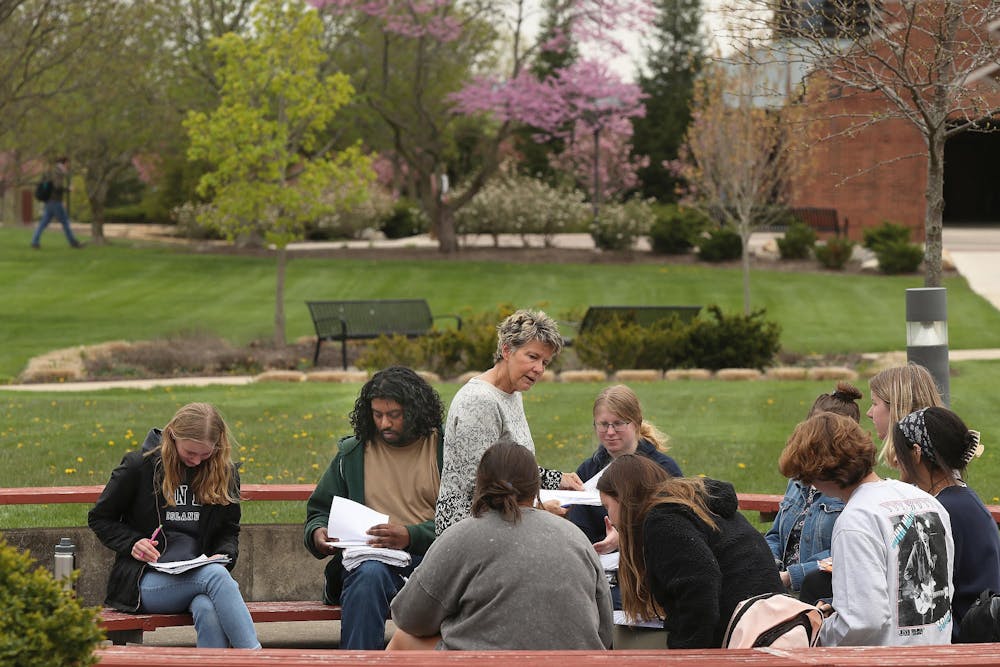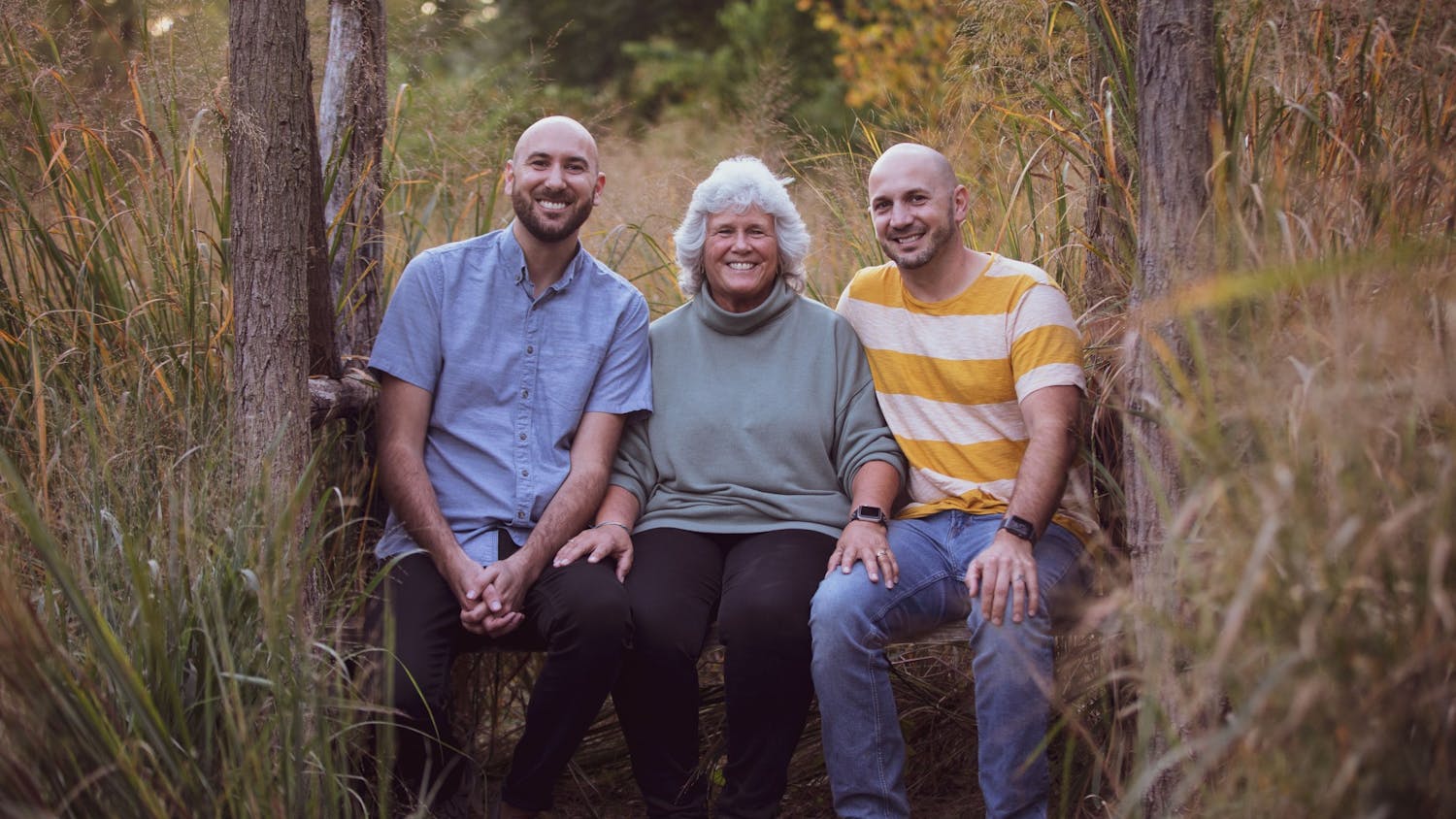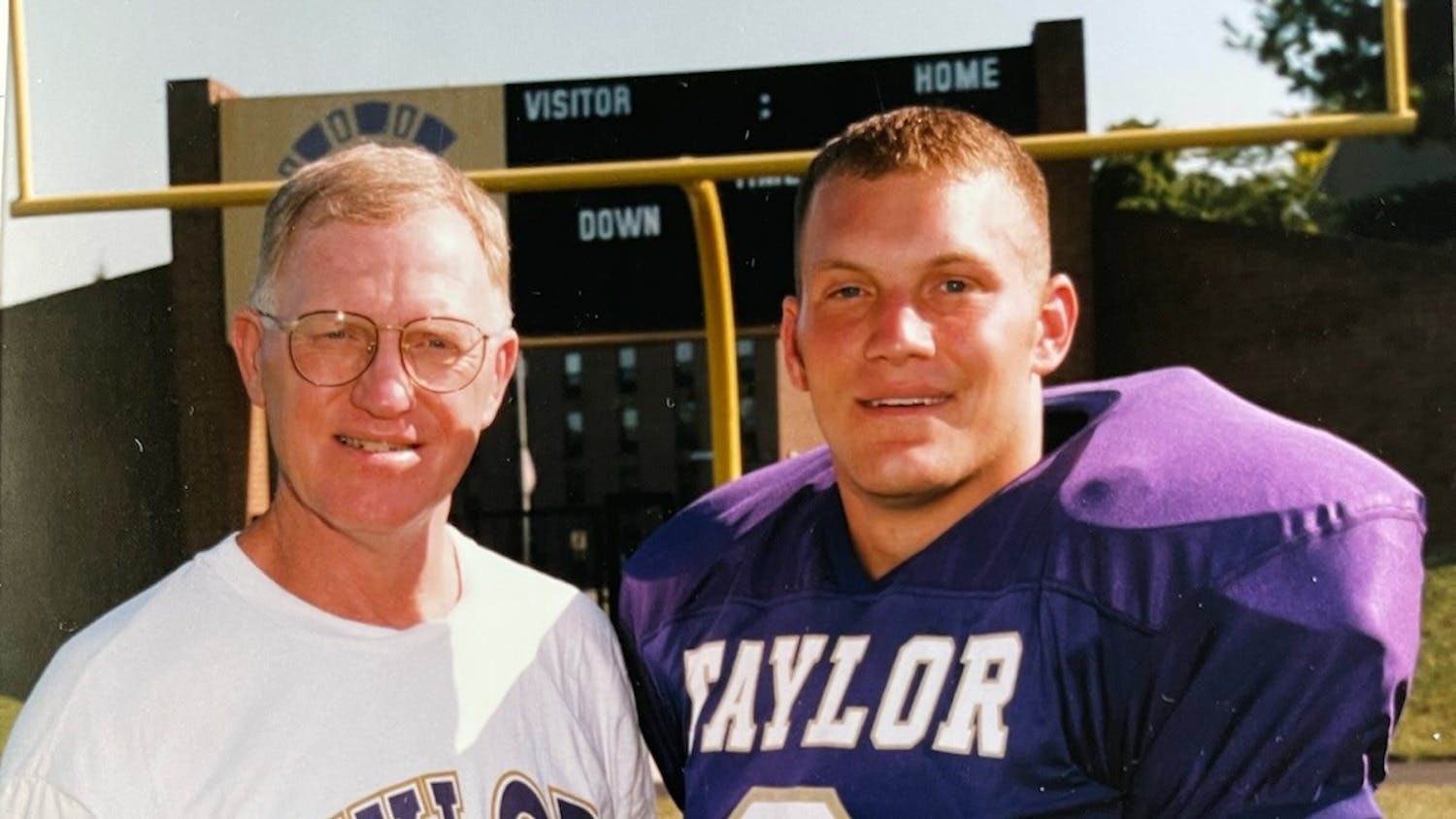Freshman orientation is over.
Parents have gone home, you’ve survived the first night in a dorm and you’re beginning to figure out the college routine. Beyond sleep deprivation and the ongoing battle to remember new names and faces, there’s only one frontier left unconquered: the classroom.
Whether you’re here to focus on studies or to enjoy a quintessential undergraduate experience with some easy-A courses thrown in, the moment is quickly approaching when you will have to set foot in a college classroom. And when you do — assuming you successfully find the room you’re looking for — there are a few things you should keep in mind.
Consider this your emergency toolkit for that moment when you discover the sometimes–unpredictable beast that is the college classroom.
The first thing to remember: you don’t know if you don’t ask.
Struggling to find your classroom? Unsure about a professor’s expectations? Confused about a Blackboard submission or an email announcement?
Ask!
“Recognize that your professors at TU are here to help you, and your classmates can turn into great friends and mentors,” sophomore Dani Gavilanez said. “Do your best, but don’t be afraid to ask for help. Extend and receive grace as needed.”
Ask for directions, clarity and additional instructions — whatever is needed for you to move forward well.
Send an email, text a wingmate or stay five minutes after class to talk with a professor. You may not get the answer you’re looking for, but one thing is certain: you won’t know if you don’t ask.
“Don't feel the need to have things figured out before you go to your professors for help with assignments; they are here because they want to share their passions with you,” senior Kwame Asamoah said. “I had a professor who offered to meet with me at 6 a.m. on Saturday mornings just so I could understand and review class content…Taylor professors are just cool like that, so don't be shy.”
Check Blackboard and your Taylor email consistently.
If assignments are changed, a professor wants to get ahold of you or a class is spontaneously canceled, it will be done through Blackboard or the Taylor email network. And if you aren’t on the lookout for those notifications, you risk showing up to class the one morning a professor decided to stay home.
Make it a habit to check both Blackboard and your Taylor email consistently — or at the very least, semi-consistently.
Find a way to keep track of assignments.
You will quickly find that nagging reminders to finish papers and turn projects in by [x] date are — magically — all but extinct in the post-high school universe. As a semi-independent adult, you are held responsible for your learning.
With that in mind, don’t throw away those first-day syllabi! Buy a planner, use the Google calendar, develop a sticky note system — whichever approach will help you stay on top of the workload you are responsible for. Ask around and spend some time figuring out what works for you.
“Get the number of at least one other person in class so if you miss class you can find out what you missed,” sophomore Greta Buckenberger said.
Caveat: this is better done sooner rather than later.
Recognize that the offer to get coffee is real.
Quite a few professors will extend an invitation to meet for coffee or a meal at some point in the semester. Don’t be weirded out: take them up on the offer! It’s a chance to get to know your professors outside of the classroom — plus, an opportunity to capitalize on some free coffee.
“They’re really cool people,” Buckenberger said. “And, chances are, if it’s a major or minor class, you’ll probably have them again.”
And finally: don’t be afraid to look for help.
A week into the semester, a month into the semester — it’s never too early and it’s never too late to look for help. College can be overwhelming, class material can be confusing and workloads can be too much to carry alone.
It’s not unusual to need extra resources; in fact, it happens so frequently that systems have been developed for your support and success. The Counseling Center (contact at (765) 998-5222 or at counselingcenter@taylor.edu), the Academic Enrichment Center (AEC) located in the Zondervan library and individual professors are just a few of the resources easily available to you.
“You don’t have to have it all together! It is okay if college is hard. It is ok if you need to ask for help. We can learn a lot through our mistakes, failures, and struggles,” Assistant Director of the AEC & Coordinator of Academic Support Scott Barrett said. “But oftentimes, this means we need to ask for help. Asking for help early is one of the best ways to set yourself up for success. Don’t be afraid to ask friends, professors, hall directors or the AEC for help. None of us have it all together either, but we are happy to walk alongside you as you grow and learn.”
You aren’t expected to navigate college or the classroom on your own. There is wisdom in asking others to come alongside.
“There is a popular African phrase I really like,” Asamoah said. "‘It takes a village to raise a child.’ Your department is your ‘village’: make yourself feel at home.”





